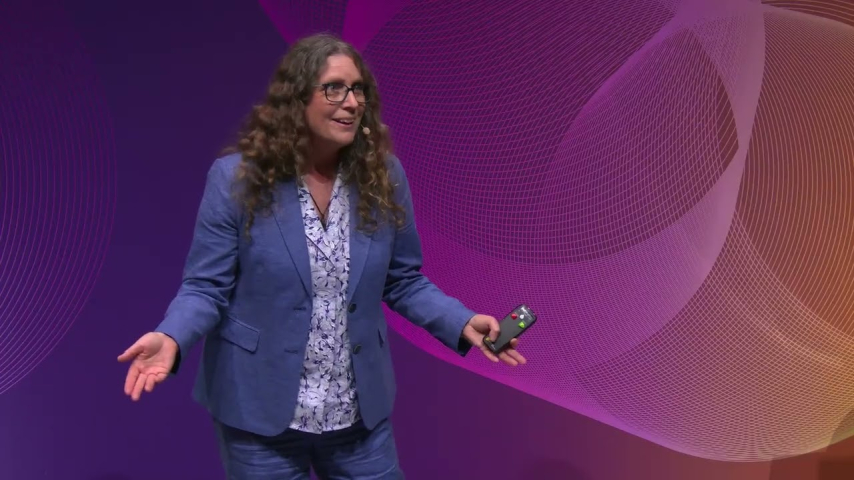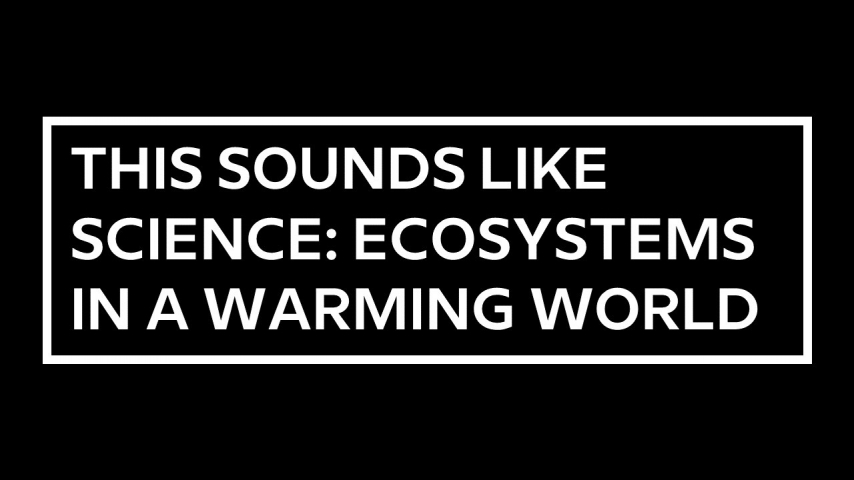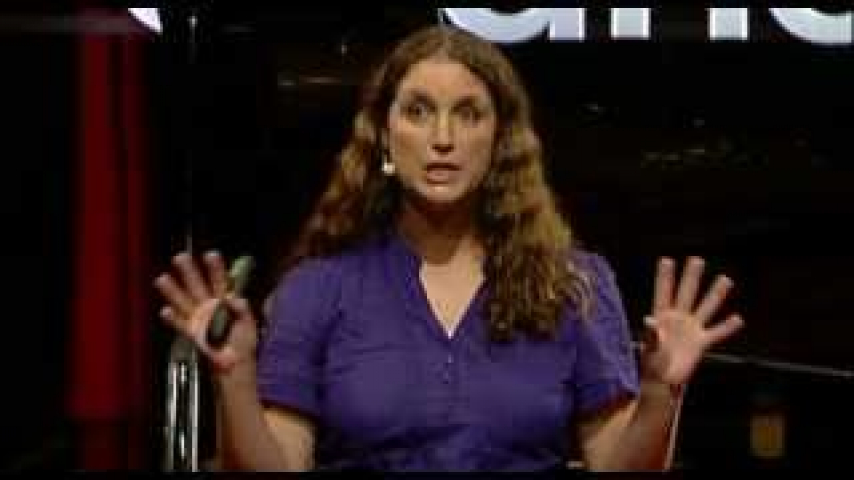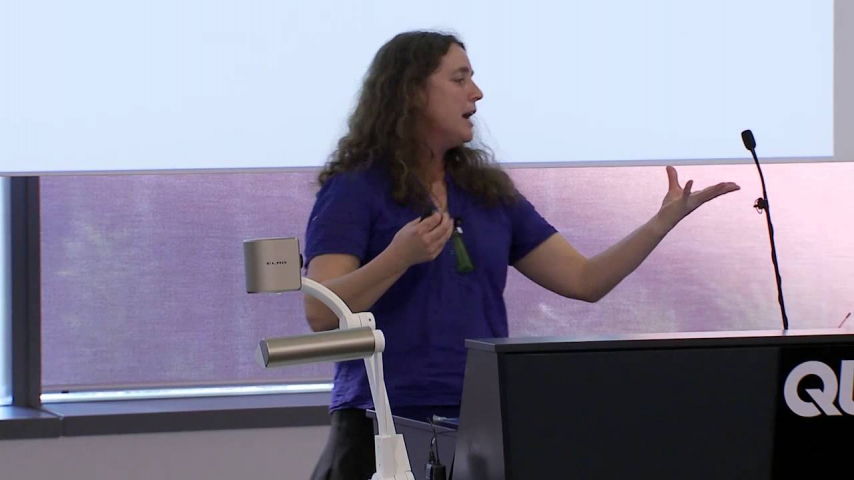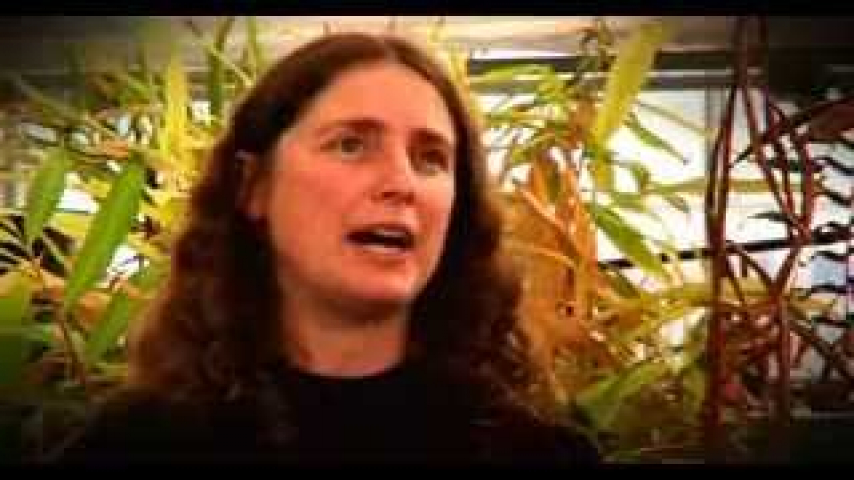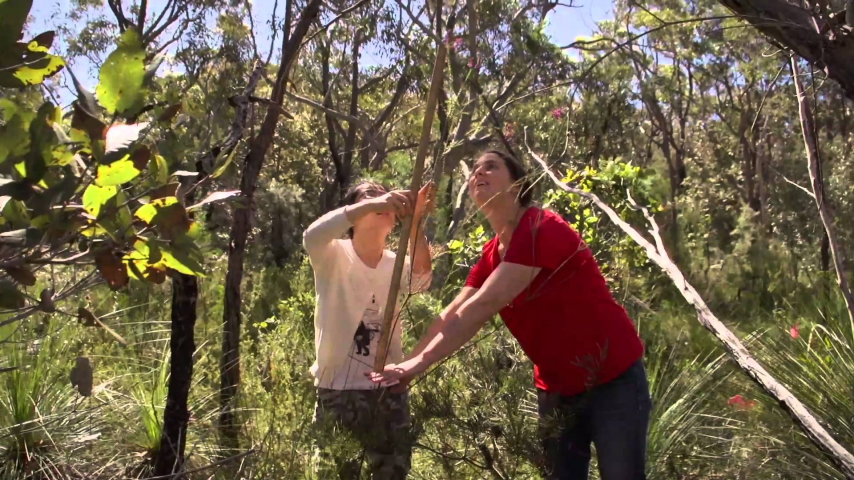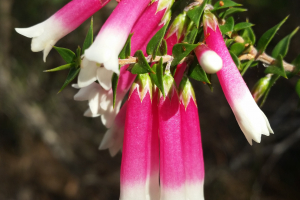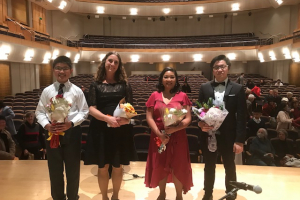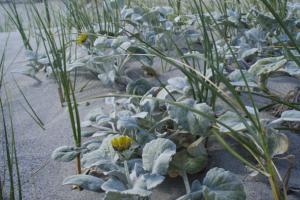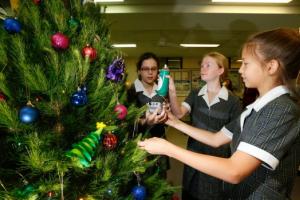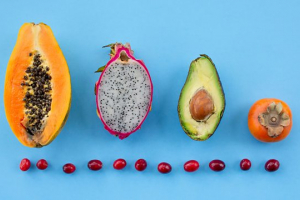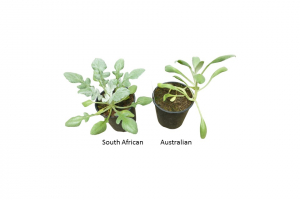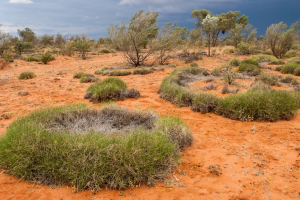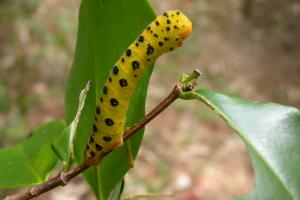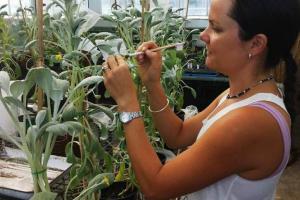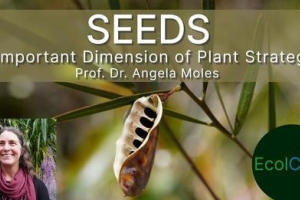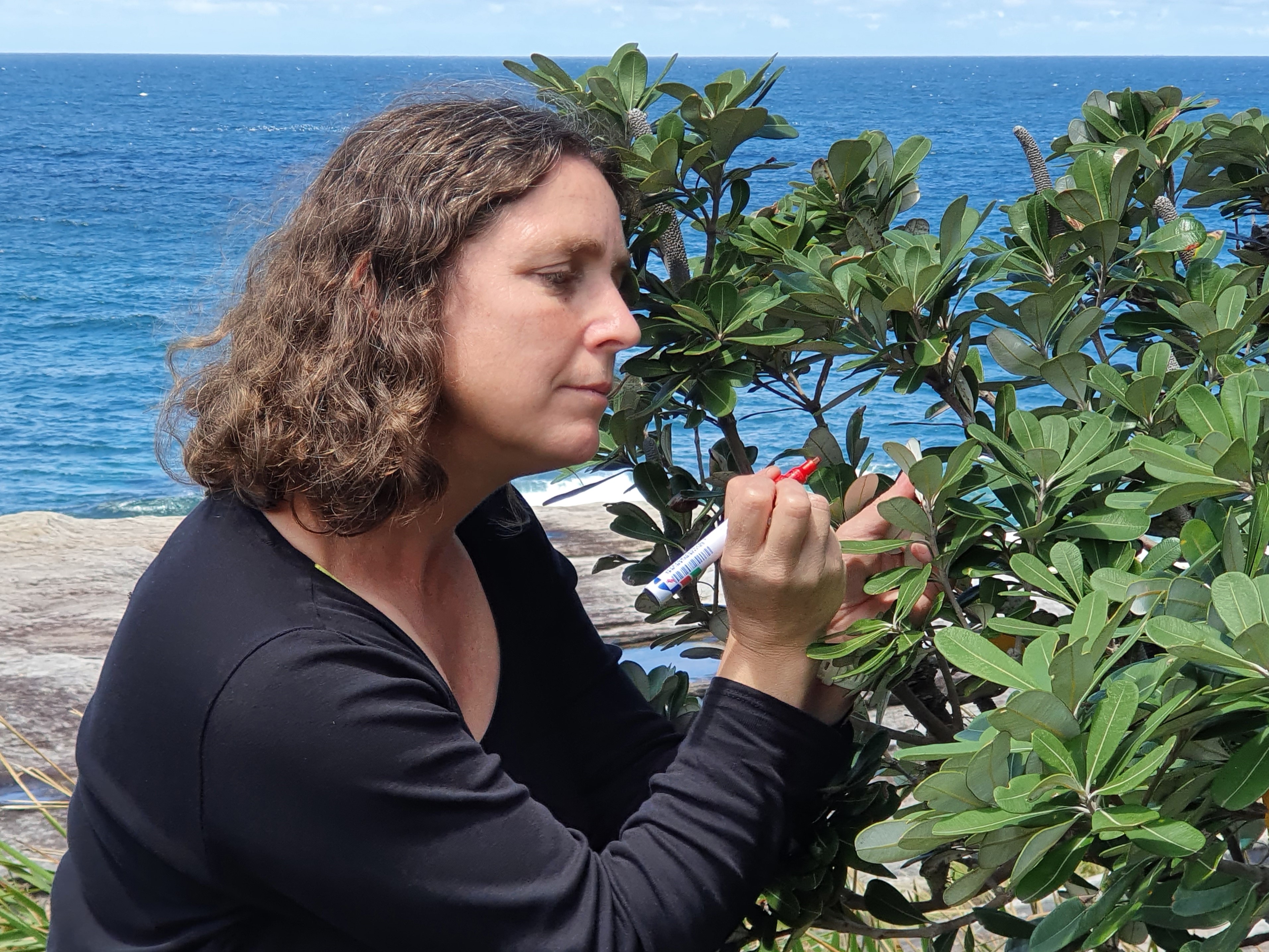
My Expertise
Rapid evolution, Introduced species, Responses of Australian plants to climate change, Seed ecology, Plant-animal interactions, Enemy release and biocontrol, Global patterns in plant ecology
Fields of Research (FoR)
Ecology, Evolutionary Biology, Biogeography, Invasive SpeciesEcology, Ecological Impacts of Climate ChangeSEO tags
Biography
I am a member of the Evolution & Ecology Research Centre, the ARC College of Experts, and the Australian Flora Foundation Council and Scientific Committee. I am Chair of the NSW Threatened Species Scientific Committee, Chair of the School of BEES Equity, Diversity and Inclusion committee, and I am Director - Inspiring Ecology Teaching for the Ecological Society of Australia.
My lab webpage is here: https://bigecology.com.au/
My research goals...view more
I am a member of the Evolution & Ecology Research Centre, the ARC College of Experts, and the Australian Flora Foundation Council and Scientific Committee. I am Chair of the NSW Threatened Species Scientific Committee, Chair of the School of BEES Equity, Diversity and Inclusion committee, and I am Director - Inspiring Ecology Teaching for the Ecological Society of Australia.
My lab webpage is here: https://bigecology.com.au/
My research goals are:
- To find out how Australian species and plant communities are responding to climate change
- To improve understanding of the ecology and evolution of introduced species
- To use a big picture approach to quantify the factors affecting the ways plants grow and reproduce, including soil, climate and biotic interactions.
- To better understand the selective processes underlying global patterns in ecological strategy
My Qualifications
- Postgraduate Diploma in Higher Education (learning and teaching), Macquarie University, 2006
- PhD in Ecology, Macquarie University, 2004
- BSc(hons), majoring in Botany and Ecology, Victoria University of Wellington, 1997
My Awards
2025: Journal of Ecology Eminent Ecologist Award
2025: Bradshaw Medal, for a paper in Restoration Ecology led by my PhD student; I am a coauthor
2022: Distinguished Fellow of the International Biogeography Society
2021: Royal Society of New South Wales Poggendorff Lectureship.
2021: Nancy Millis Medal for Women in Science (from the Australian Academy of Science)
2020: UNSW Sydney Outstanding Research Supervisor Award (from the Arc Postgraduate Council)
2018: Australian Ecology Research Award (awarded by the Ecological Society of Australia)
2017: Vice Chancellor's Award for Teaching Excellence - for contributions to student learning
2017: Shortlisted for the AFR Emerging Leader Award
2017: Became a fellow of the Royal Society of New South Wales
2014: Vice Chancellor's Award for Teaching Excellence - Postgraduate Research Supervision
2013: Frank Fenner Prize for Life Scientist of the Year
2012: NSW science and engineering award for Excellence in Biological Sciences (Plant, Agriculture and Environment)
2011: Australian Museum Eureka Award for Outstanding Young Researcher
2011: Included in The (Sydney) Magazine list of the 100 most influential people in NSW
2010: Edgeworth David Medal, Royal Society of New South Wales (awarded to a scientist under the age of 35 for work contributing to the advancement of Australian science)
2009: JG Russell Award (awarded to one QEII fellow each year by the Australian Academy of Science)
2008: NSW Tall Poppy Award (awarded by the Australian Institute of Policy and Science for outstanding scientific research and communication)
My Research Activities
My students and I use a combination of field work and synthesis of data from the literature to quantify large scale patterns in ecology. We use controlled glasshouse conditions to study rapid evolution in introduced species, and we use herbarium, seed bank and museum specimens to study plants and animals from the past. We collaborate with ecologists from all around the world, and with researchers from a range of other disciplines including geography, climate science, and statistics.
My Research Supervision
Areas of supervision
Plant ecology, invasion biology, plant-animal interactions, biogeography, rapid evolution, species' responses to climate change.
I would love to talk to potential PhD students who are interested in working on projects in large scale ecology, or who have exciting ideas of their own, but I am not qualified to supervise physiology or genetics.
Currently supervising
|
Karen Zeng (PhD) |
When do plant species experience enemy release: data synthesis. |
|
Giancarlo Chiarenza (PhD) |
Global patterns in plant-soil interactions. |
|
Joe Atkinson (joint PhD) |
Quantitative assessment of restoration effectiveness in Australia |
|
Frederick Dadzie (joint PhD) |
Do soil microbes improve seedling recruitment in restoration sites? |
|
Inna Osmolovsky |
Speciation and plant responses to climate change |
| Marcus Greenwood | How fire and climate change affect species distribution shifts |
| Iain Campbell | Is mapping based on bird assemblages more accurate at determining habitats at a regional scale than International Ecological (IUCN) and Botanical (IVC) mapping schemes? |
STUDENTS WHO HAVE COMPLETED THEIR DEGREES
|
Student (degree) |
Start year |
Graduation year |
Research topic |
|
|
PhD |
||||
| Zoe Xirocostas | 2019 | 2022 | When do plant species experience enemy release: a field study? | |
| Alex Sentinella | 2017 | 2021 | Gradients in global germination and geographical genomics | |
|
Susan Everingham |
2017 |
2021 |
How much have Australian plants changed in response to climate change? |
|
|
Claire Brandenburger |
2012 (half time) |
2019 |
Are introduced plants in the process of becoming new Australian species? |
|
|
Floret Meredith |
2013 |
2017 |
Are plants on islands less-well defended against herbivores than their mainland counterparts? |
|
|
Si-Chong Chen |
2012 |
2016 |
Seed dispersal and seed size |
|
|
Jacinta Green |
2014* |
2016 |
Chemical defence against fouling in seaweeds |
|
|
Rhiannon Dalrymple |
2011 |
2015 |
The latitudinal gradient in colour in birds, plants and butterflies |
|
|
Habacuc Flores |
2010 |
2013 |
Understanding introduced species in Australia |
|
|
Ray Blick |
2009 |
2012 |
Disentangling an entangled bank: using network theory to understand interactions in plant communities |
|
|
Fiona Thomson |
2009* |
2011 |
Investigating seed dispersal at local (Greater Blue Mountains World Heritage Area, Australia) and larger scales. |
|
|
Laura Warman |
2007 |
2011 |
Vegetation patterns and refugia of the wet tropics in Australia |
|
|
Masters |
||||
|
Joanna Buswell |
2007 |
2009 |
Rapid evolution in introduced species in New Zealand and Australia. |
|
|
Floor Soudijn |
2008 |
2009 |
Offspring size/number trade-offs in Echinoderms and Malacostraca. |
|
|
Honours |
||||
| Marcus Greenwood | 2022 | 2022 | Quantifying maternal effects | |
| Madelon Cruickshank | 2022 | 2022 | Designing an app to train researchers to estimate cover | |
| Euan Rogers | 2022 | 2022 | Are arid zone plants shifting their distributions in response to climate change? | |
| Bettina Ignacio | 2021 | 2022 | The soil seed bank at Fowlers Gap | |
| Rosa Earle | 2021 | 2022 | Empirical evidence for introduction bias | |
|
Sebastian Schwartz |
2020 |
2021 |
Where and why do plants have domatia? |
|
|
Lillian Zhang |
2020 |
2020 |
Are Australian rainforest species moving interstate in response to climate change? |
|
|
Ashika Jagdish |
2020 |
2020 |
Biogeographic patterns in photoperiod sensitivity in the Australian flora |
|
|
Jennifer Auld |
2019 |
2020 |
Are Australian alpine species moving uphill in response to climate change? |
|
|
Zoe Xirocostas |
2018 |
2018 |
Does the sex with the shorter chromosome die earlier? |
|
|
Karen Zeng |
2017 |
2018 |
Are photoperiod sensitive species slower to respond to climate change? |
|
|
Neil Ross |
2017 |
2017 |
How did the spinifex get its hole? A test of whether ring formation in Triodia is caused by soil pathogens |
|
|
Coen Romalis |
2017 |
2017 |
Development of reproductive isolation between introduced species and their source population (F2 generation) |
|
|
Meena Sritharan |
2016 |
2017 |
Have Australian Alpine plants changed morphology in response to climate change? |
|
|
Casey Gibson |
2016 |
2016 |
Development of reproductive isolation between introduced species and their source population (F1 generation) |
|
|
Susan Everingham |
2016 |
2016 |
Invasion of novel, anthropogenic habitats by native species. |
|
|
Martin Kim |
2015 |
2015 |
Herbivory through time and space on introduced species |
|
|
Stephanie Creer |
2014 |
2015 |
Herbivores, pollinators, wind and soil fertility: Selection pressures driving the evolution of Arctotheca populifolia |
|
|
Timothy Hitchcock |
2013 |
2013 |
The latitudinal gradient in plant longevity |
|
|
Thomas Meredith |
2013 |
2013 |
Are primary producers on land better defended than their marine counterparts? |
|
|
Marianne Tindall |
2012 |
2012 |
Latitudinal gradients in plant physical defences |
|
|
Rhiannon Dalrymple |
2010 |
2011 |
Rapid evolution in clonal introduced species in Australia. |
|
|
Ellen Couchman |
2010 |
2010 |
Morphological change in invading starlings in Australia |
|
|
Karen Bartle |
2009 |
2010 |
Rapid evolution of dispersal morphology at the range edge of Senecio madagascariensis. |
|
|
Paul Chachelle |
2008 |
2008 |
Why the land is green and the sea is blue. |
|
Advice for prospective students
The Big Ecology Lab is a very collaborative group, with really wide-ranging interests. As a student in the Big Ecology lab, you’re expected to get involved with as many things as possible. For instance, you might attend a weekly discussion group, present work at conferences, help your labmates out (with fieldwork, figuring out the answers to difficult questions, and with moral support), do some undergrad teaching, go to seminars, talk science with other staff/students in the department, and come out for beer sometimes. This all takes up time; but it's this sort of stuff that makes being a grad student fun.
If you are a PhD or MSc student, I think it is best if you can come up with your own research topic (after all, you’re going to be thinking about this topic a lot for the next 2-4 years – it might as well be something you really care about). However, I will work with you to make sure that you end up with something that’s going to be achievable, scientifically sound AND interesting. I’m open to a wide range of project topics. BSc(hons) students – I realise you might not have a clear idea of what you want to work on yet, and that’s perfectly ok. I will be really happy to talk about your ideas for research; but if you can’t come up with anything, I do have a list of project ideas that I think will be both manageable and interesting.
The single most important thing you should do while choosing a supervisor is to talk to their past/present students and ask what it’s like in their lab. Come and talk to us all.
My Engagement
I am Chair of the NSW Threatened Species Scientific Committee
I am the Director - Inspiring Ecology Teaching for the Ecological Society of Australia
I am a member of the Australian Research Council College of Experts
I am a member of the Council and Scientific Committee of the Australian Flora Foundation
I am Chair of the BEES Equity, Diversity and Inclusion Committee
My Teaching
SCIF1000: Skills in Science (Course coordinator)
SCIF1001: Advancing Science (Course coordinator)
BIOS3061: Plant Ecology (Course coordinator)
BIOS2051: Plant Biology
ORCID as entered in ROS
Videos
